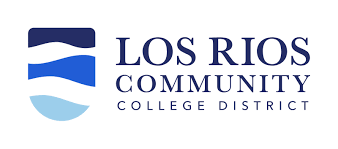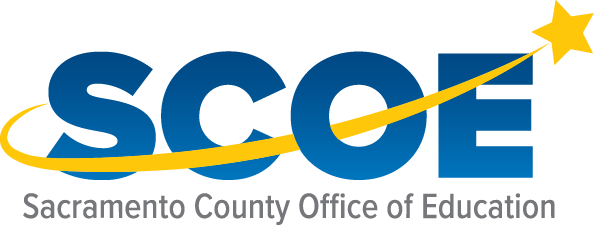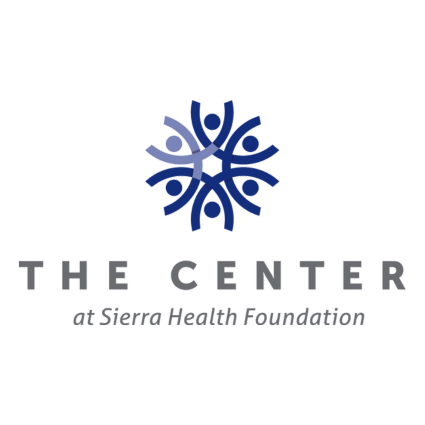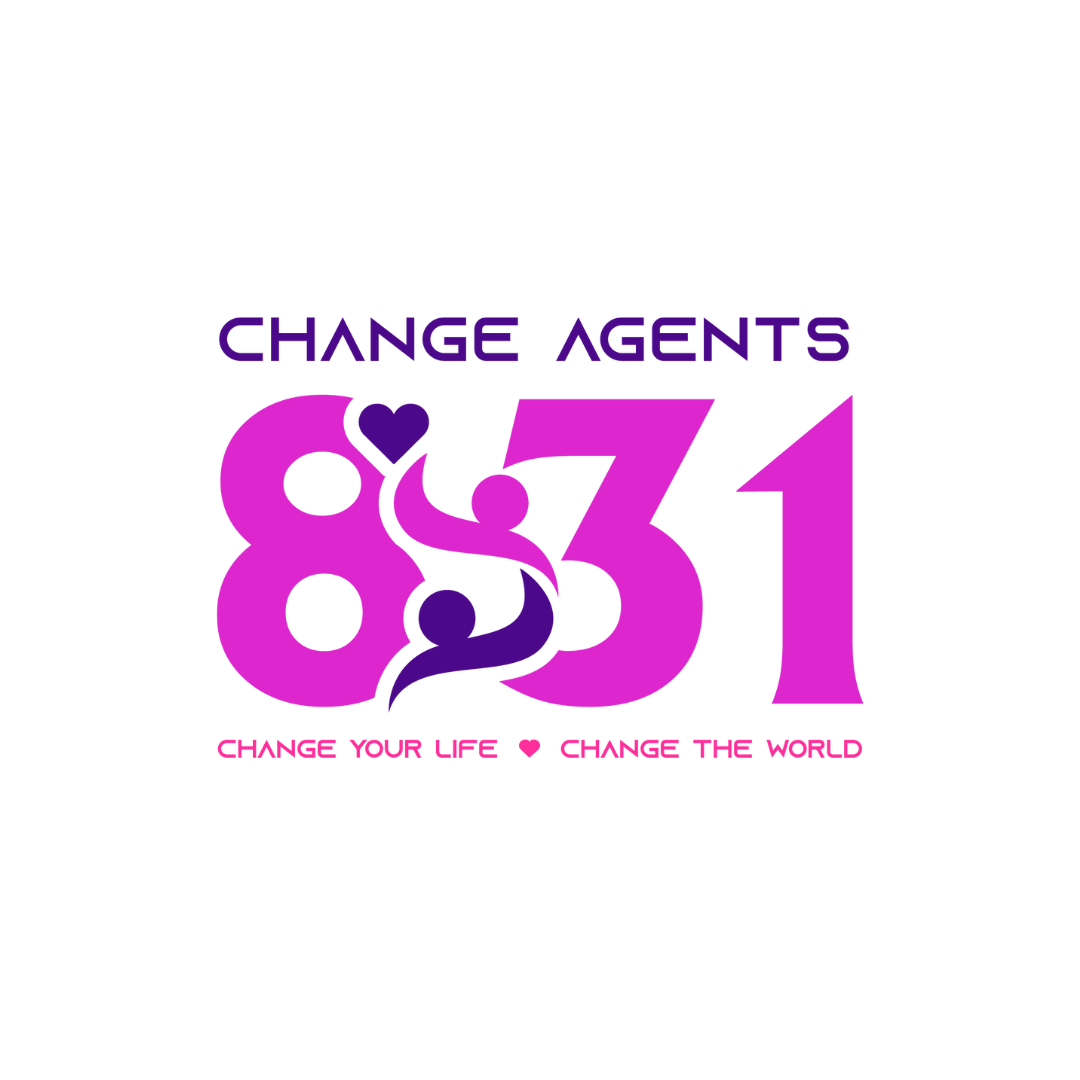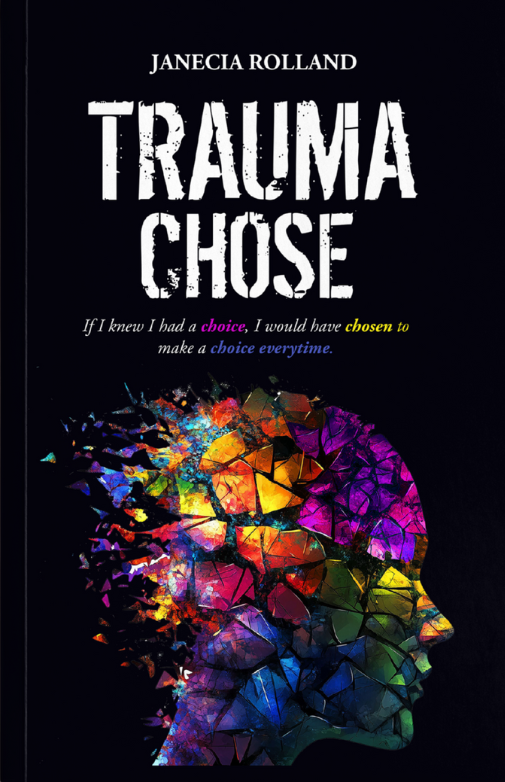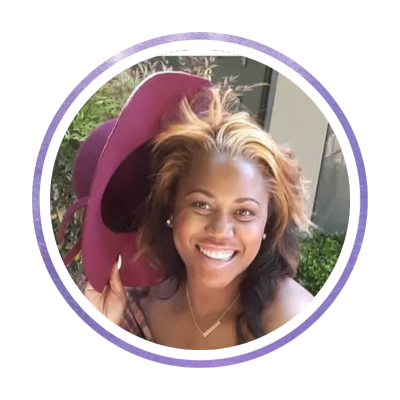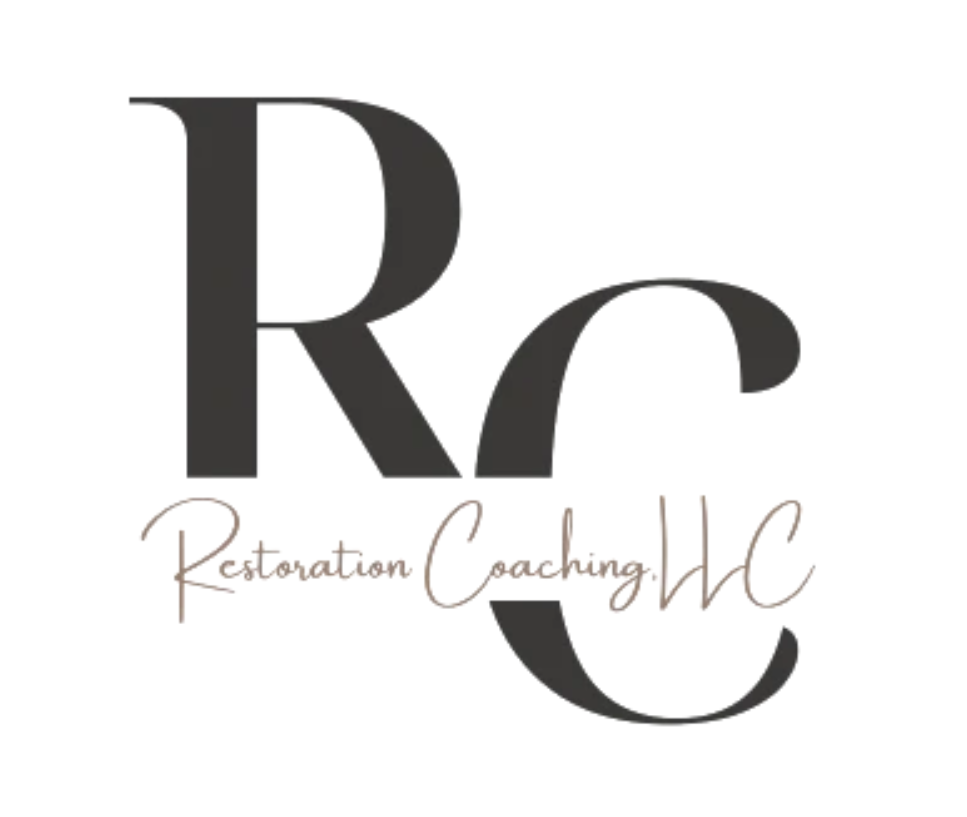
Coach Jae
Janecia Rolland
Janecia ‘Coach Jae’ Rolland has obtained a Dual Master’s Degree as a licensed marriage and Family Therapist and a Professional Clinical counselor from Brandman University and is registered with the Board of Behavioral Science. Janecia holds a Bachelor’s Degree in Psychology and a minor in Sociology from the California State University of San Bernardino. Coach Jae has over 20 years of experience working in education, the business sector, and clinical settings.
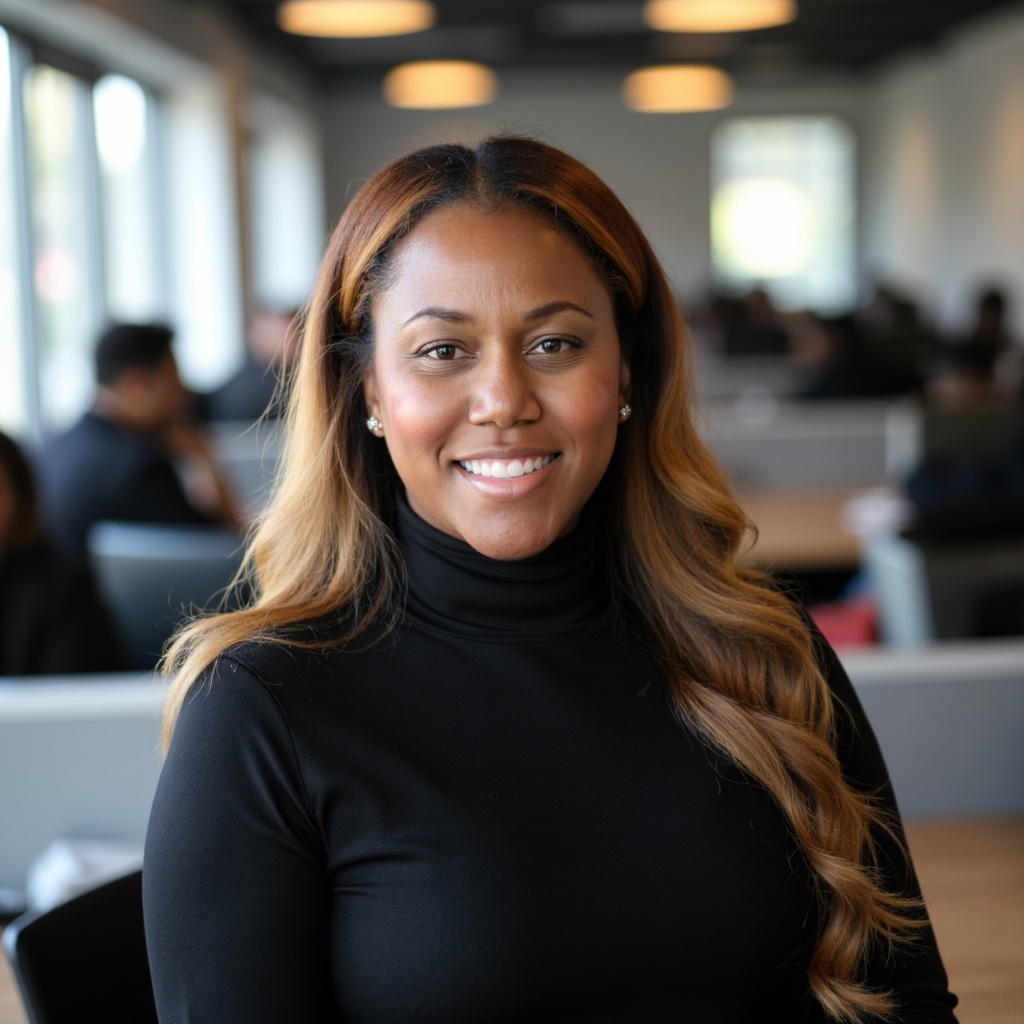
Trauma Chose
This book is a rare gift—every reader will find something powerful within its pages. Whether you’re on your own healing journey or supporting someone through theirs, the insight offered here is practical, profound, and deeply necessary for navigating trauma.
Who We Are
One Vision,
Many Voices
A Unified Approach to Transforming Organizational Culture
Coach Jae’s transformational training model is built on a powerful belief: when leadership, educators, students, parents, and community members receive aligned, purpose-driven training—tailored to their unique roles—real change happens. Her approach doesn’t silo knowledge; it unites entire ecosystems around a shared foundation of equity, inclusion, and trauma sensitivity.
By weaving together topics like restorative mindset, mental health, de-escalation, absenteeism, disproportionality, and community engagement, Coach Jae equips every stakeholder with the tools to foster inclusive, emotionally safe, and culturally responsive school environments. The result? Stronger connections, deeper understanding, and school cultures where everyone belongs.
Restoration Coaching
Facilitator. Coach. Trainer. Presenter. Speaker.
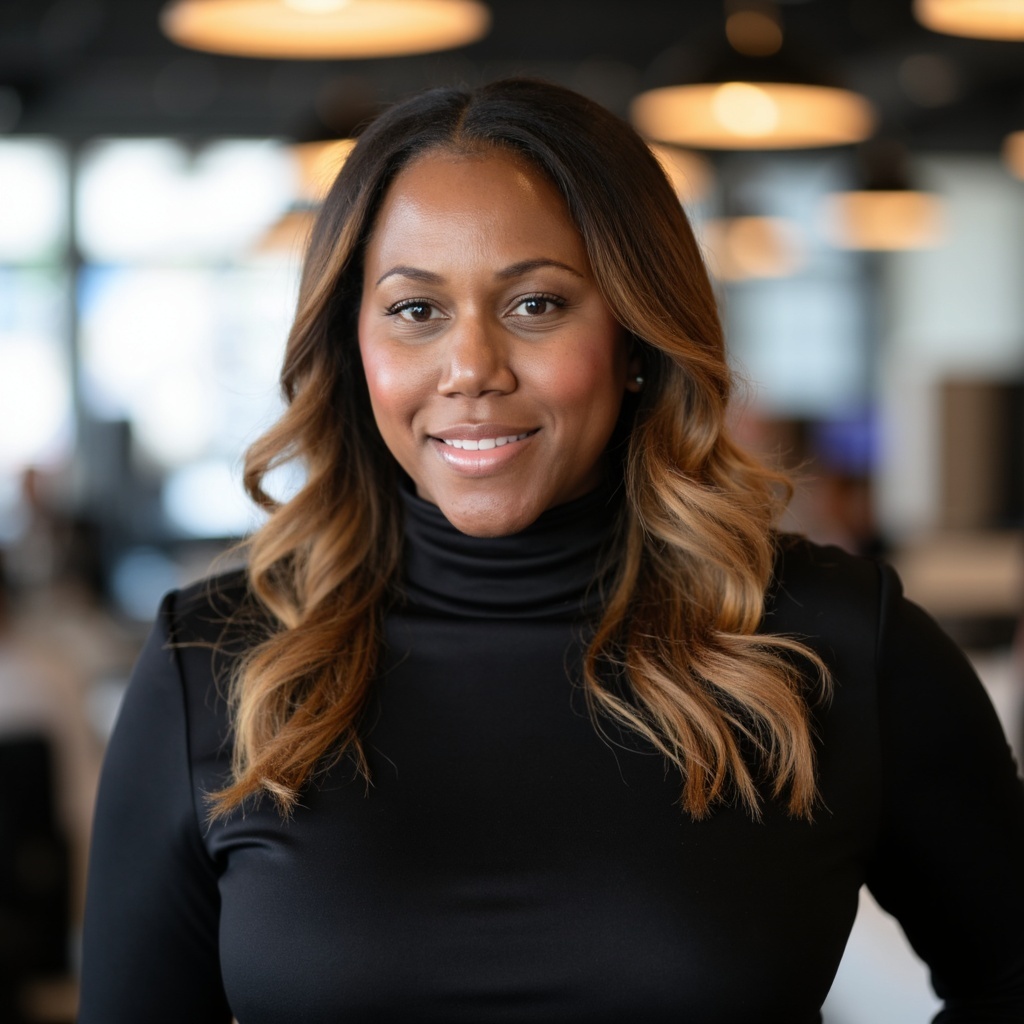
Janecia 'Coach Jae' Rolland
CEO | MFT | PCC




Trauma Informed Leadership Coach
Empowering staff, students, and organizations with transformative workshops & training to navigate challenges, strengthen morale, and drive lasting, positive change.
Restoration Coaching
Empowering clients to reconnect with their purpose, process personal and professional challenges, and cultivate growth through a restorative lens.
Inspirational Speaker
Delivering powerful, thought-provoking keynotes and presentations that inspire transformation, elevate awareness, and spark meaningful dialogue.
Check Out My Podcast
If you’re ready to heal, grow, and see yourself and the world through a clearer lens… welcome to the conversation that’s changing lives—one breakthrough at a time.
Trusted Partnerships
